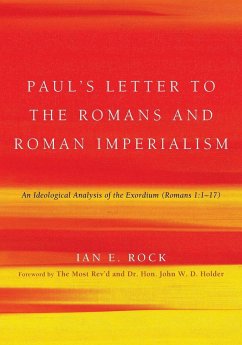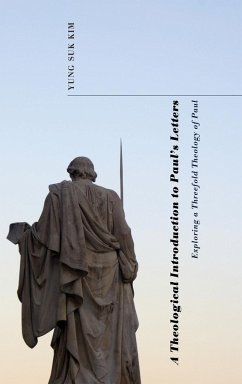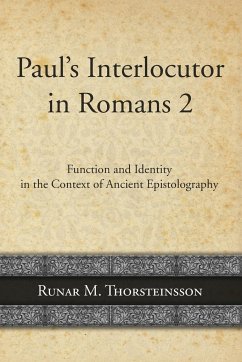Rather than viewing the Apostle Paul's many references to peace and non-retaliation as generalized ethical principles drawn from Paul's background, Jeremy Gabrielson argues that peace and non-retaliation should be understood in relation to Paul's biography of being a violent persecutor of Jesus' followers. After his "Damascus road" experience, Paul zealously announced the gospel, but abandoned his violent ways. His apostolic vocation included calling and equipping assemblies of people whose common life was ordered by a politics characterized by peaceableness. This political dimension of Paul's gospel, in continuity with the earliest evidence we possess regarding Jesus and his disciples, stands in stark contrast to the politics of both the contemporary Roman imperial power as well as those who would seek to replace Rome by violent means.
Hinweis: Dieser Artikel kann nur an eine deutsche Lieferadresse ausgeliefert werden.
Hinweis: Dieser Artikel kann nur an eine deutsche Lieferadresse ausgeliefert werden.








